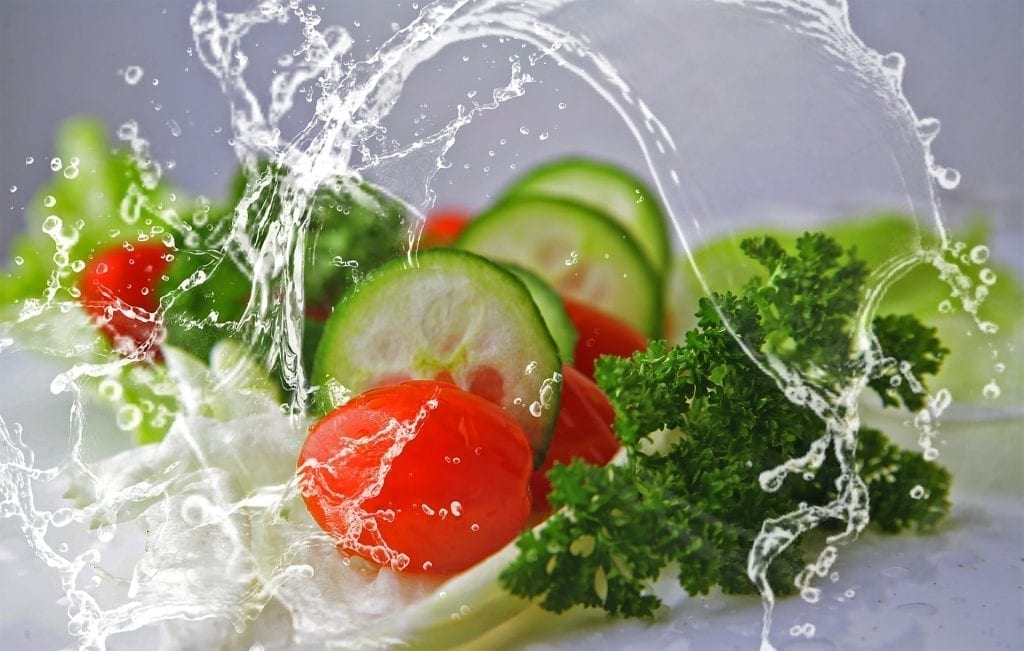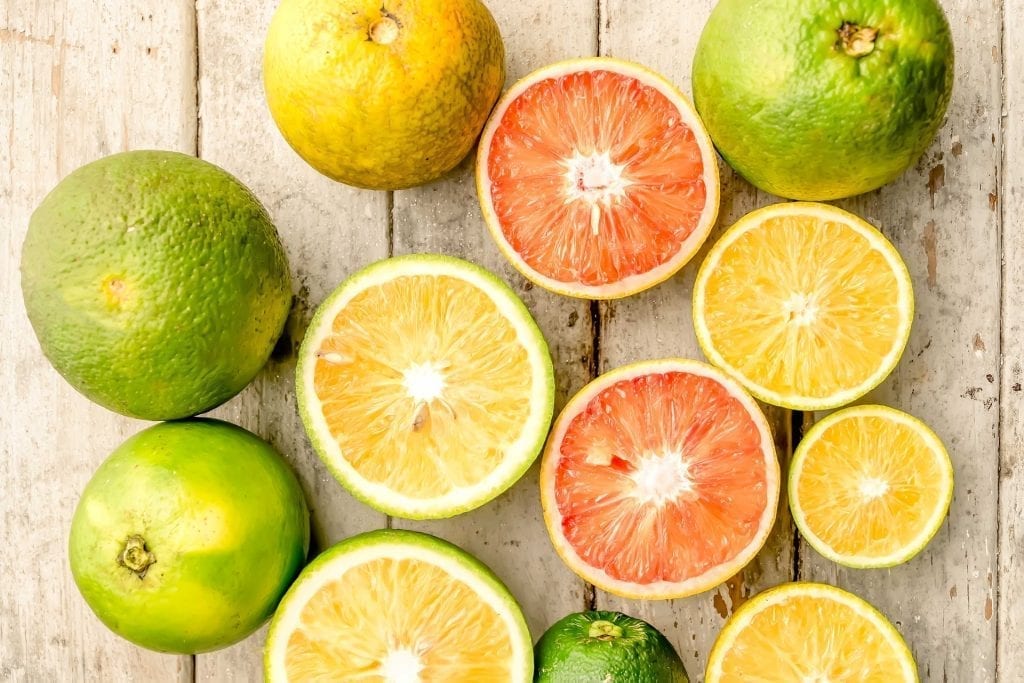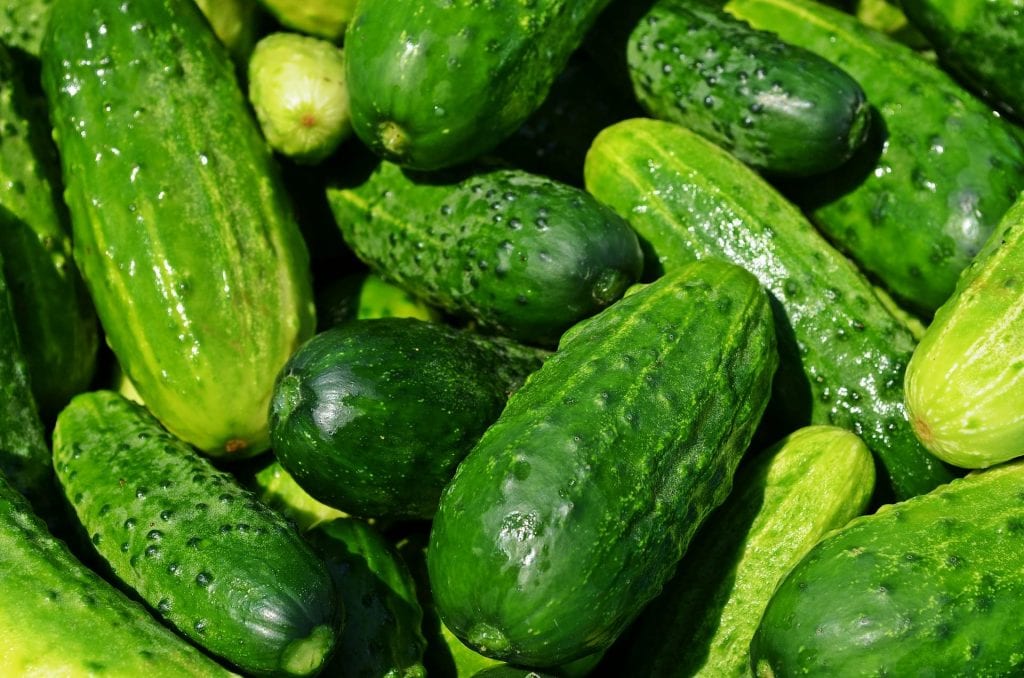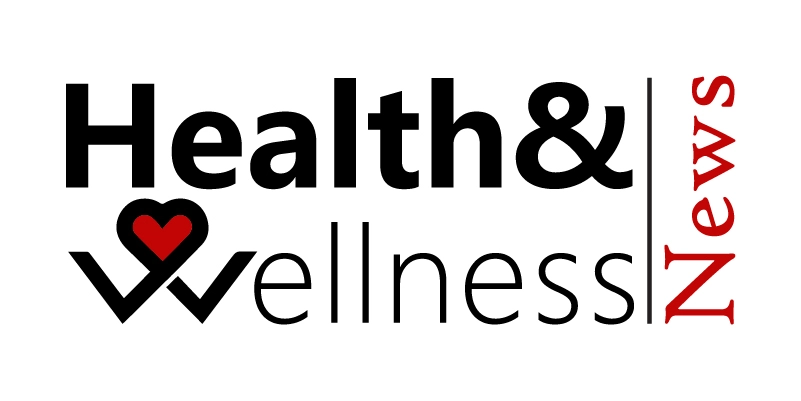Allowed and Forbidden Foods in Ketogenic Diets
Ketogenic diets work as a way of recalibrating our metabolism, whereby the body is forced to replace carbohydrates with body fat as a source of energy.
They represent an extremely effective way to lose weight quickly and effectively eliminate body fat deposits without losing muscle mass as long as applied correctly.

Compared to other types of diets, ketogenic diets are not very restrictive in terms of the foods you can eat, the only exception being carbohydrates.
Allowed Foods
In particular, these diets should include foods that are high in fat, medium in protein, and very low in carbohydrates.
So, you are allowed to eat:
Forbidden Foods
When it comes to foods that you are not allowed to eat, ketogenic diets are very strict indeed. On the following list you will find all the types of foods prohibited in these diets:
In terms of the daily ratio of fats, proteins, and carbohydrates, these should fall within the following values:
As for the calorie count, a maximum of 2000 calories for women and 2500 calories for men is recommended.
- chicken, beef, pork, lamb, fish
- eggs
- dairy
- hazelnuts
- almonds
- coconut oil, other vegetable oils
- other nuts and seeds
- butter
- low carbohydrate fruits and vegetables
- berries

- salt and sugar
- any sugary product – juices, cakes, sweets
- pasta, bread, pastry
- cereals
- alcoholic beverages
- fruit, with a few exceptions
- high carbohydrate vegetables – potatoes, corn, beans
- sausages and other processed meat products
- 75-80% fat
- 15-20% protein
- 5% carbohydrates

